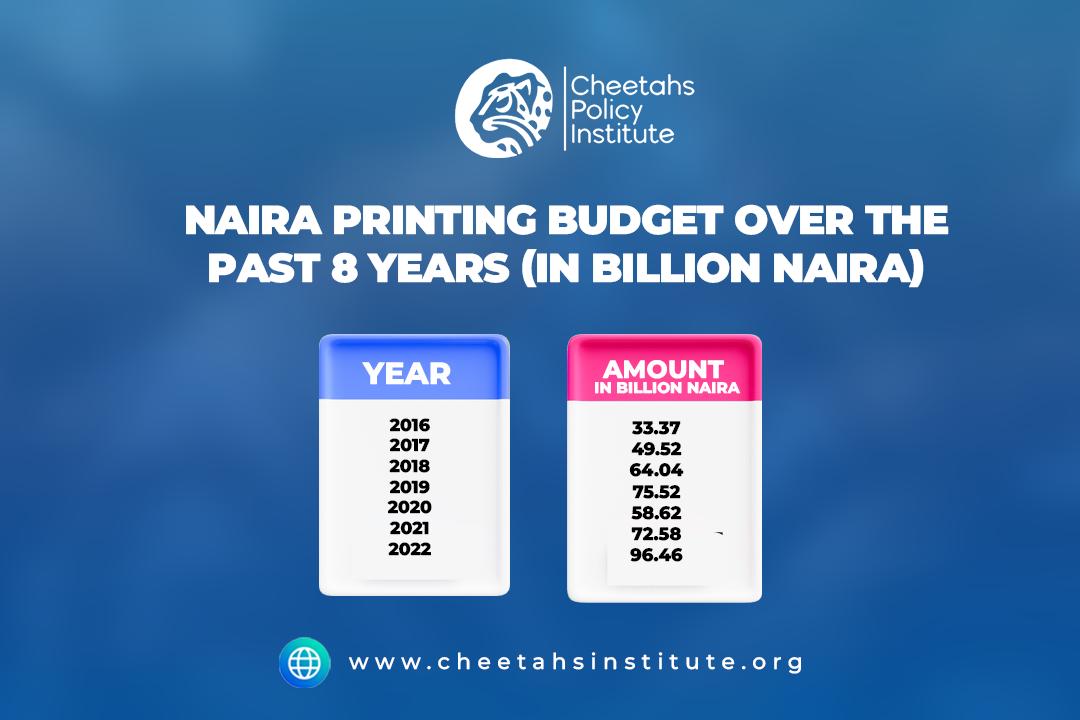Currency is a symbol of national pride and identity, yet the abuse of Naira notes in Nigeria remains a persistent problem. From reckless spraying at parties to damaging notes through neglect, these practices undermine the integrity of the Naira and contribute to economic inefficiencies. The Central Bank of Nigeria (CBN), through its Clean Notes Policy, has emphasized the need to preserve the currency’s integrity, but enforcement has been weak, and public awareness is lacking. To address this, Nigeria must adopt stricter enforcement mechanisms, drive public behavioral change, and prioritize collective responsibility for protecting the Naira.
The abuse of Naira notes has become a cultural norm in many parts of Nigeria. Events such as weddings, birthdays, and political rallies often feature the reckless spraying and mutilation of currency as a display of wealth. This not only disrespects the Naira but also incurs significant economic costs. The CBN spends billions of Naira annually printing and replacing damaged notes, diverting resources that could have been allocated to critical areas like healthcare and education.
Automated Teller Machines (ATMs) are also affected, as mutilated notes often jam machines, disrupting banking services. Furthermore, the use of dirty or damaged notes in transactions tarnishes Nigeria’s image in the global financial market. Preserving the Naira is not just an economic imperative but also a matter of national pride.
The CBN’s Clean Notes Policy was introduced to maintain the quality of currency in circulation and reduce abuse. The policy outlines penalties for those who mishandle Naira notes, including fines and imprisonment under the CBN Act of 2007. However, enforcement remains inconsistent.
Recent high-profile cases, such as the indictment of Bobrisky and Cubana Chief Priest for spraying Naira notes, have drawn attention to the issue but have not resulted in sustained deterrence. While such incidents highlight the CBN’s commitment to enforcing the law, the lack of widespread prosecution and inadequate collaboration with agencies like the EFCC limits the policy’s impact.
The habitual abuse of Naira notes has far-reaching economic implications. According to estimates, the cost of printing new currency to replace damaged notes runs into billions of Naira annually. In 2022 alone, the CBN reported spending ₦96.5 billion on printing currency. This expense is compounded by inflation and the depreciation of the Naira, further straining the nation’s economy.
Moreover, the abuse of currency exacerbates financial exclusion. Rural areas, where cash is the primary medium of exchange, are disproportionately affected by the scarcity of clean notes. Vendors and market traders, who rely on physical currency for transactions, often struggle to accept or dispense mutilated notes, disrupting economic activities at the grassroots level.
Ghana have successfully implemented measures to protect their currencies. In Rwanda, public awareness campaigns emphasize the importance of preserving their currency, and enforcement agencies actively prosecute offenders. Ghana, on the other hand, has introduced secure wallets to minimize physical handling of cash during events, reducing the risk of abuse.
Nigeria can learn from these examples by combining public education with strong enforcement. Implementing digital payment alternatives for social events, for instance, could discourage the physical spraying of money while promoting cashless transactions.
Recommendations for Addressing Naira Abuse
To tackle this issue effectively, Nigeria must adopt a multi-pronged approach:
Ensure Accountability and Strengthen Enforcement: The CBN should collaborate with law enforcement agencies like the EFCC to ensure that violators face appropriate penalties as outlined in the CBN Act. Prosecutions should be publicized to serve as a deterrent to others who also abuse the currency.
Public Awareness Campaigns: Concerned bodies should launch nationwide campaigns to educate citizens on the economic and symbolic importance of the Naira as well as the danger of its abuse. Community leaders and influencers should be engaged in order to amplify the message.
Promote Digital Payments: The use of digital payment platforms should be encouraged for gifting and celebrations, reducing the need for physical cash at events.
Incentivize Compliance: Citizens and organizations that actively preserve the Naira should be rewarded. Rewards could be in the form of campaigns like “Clean Naira Heroes,” celebrating individuals and groups committed to currency preservation.
Enhance Currency Quality: The government should invest in durable materials for printing Naira notes to reduce wear and tear. Polymer banknotes, like those used in Canada and Australia, could be a viable option.
Protecting the Naira is a collective responsibility that requires collaboration between the government, financial institutions, and the public. By fostering a culture of respect for the currency, Nigeria can reduce economic inefficiencies, enhance national pride, and strengthen its financial systems.The time to act is now. As a country, we must embrace digital payment solutions, hold offenders accountable, and champion the integrity of the Naira. Together, we can ensure that Nigeria’s currency remains a symbol of unity, pride, and economic resilience.

Bashir Turawa
Bashir Turawa is writer, policy researcher and social commentator with interest in government policies across Africa and how they affect the citizens.

